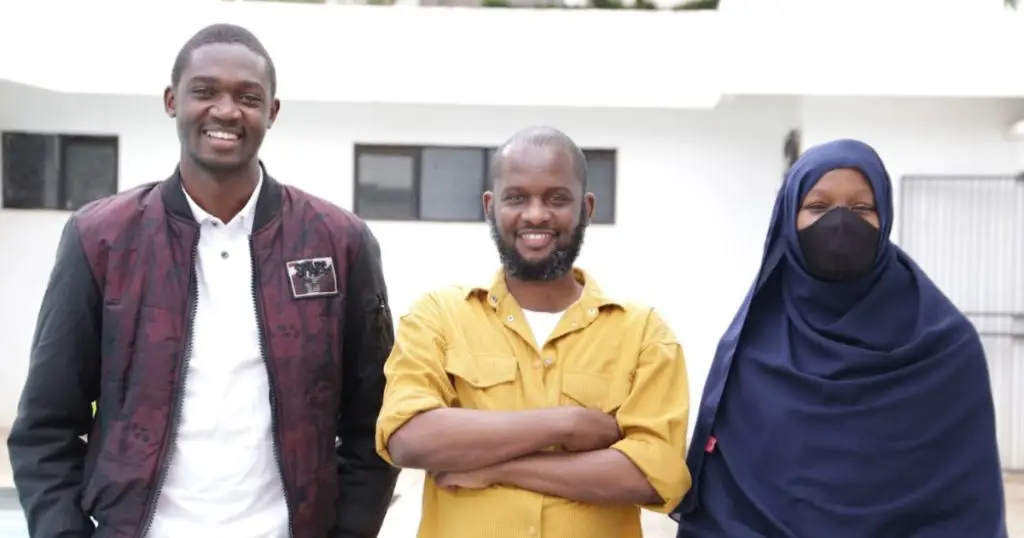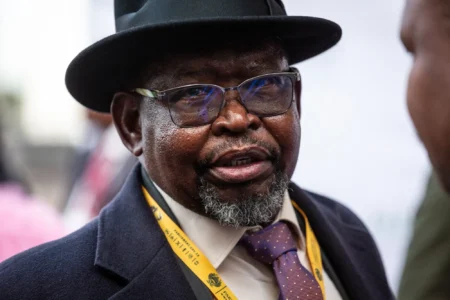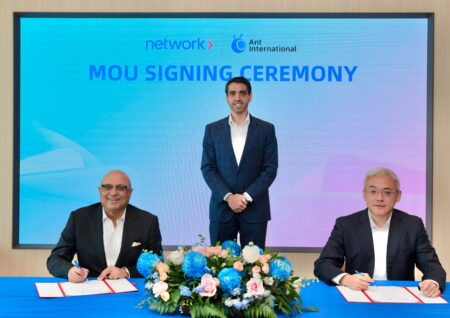- Google has unveiled the list of successful applicants of its Google for Startups Accelerator Africa Class 7 and they include Fleetsimplify, HydroIQ and Sukhiba
- The startups are drawn from seven African countries, namely Kenya, Egypt, Nigeria, South Africa, Tanzania and Uganda, with Cote D’Ivoire joining for the first time
- Over the next three months, the startups will work with Google mentors and facilitators learning best practices on a range of topics, including Artificial Intelligence and Big Data
Google has unveiled the list of successful applicants of its Google for Startups Accelerator Africa Class 7.
In a statement, the American technology company said the selected startups are developing solutions in healthcare, education, fleet management, logistics automation and recruiting.
The seventh class includes three Kenyan startups, namely Fleetsimplify, HydroIQ and Sukhiba.
The startups are drawn from seven African countries, namely Kenya, Egypt, Nigeria, South Africa, Tanzania and Uganda, with Cote D’Ivoire joining for the first time.
The class was selected from thousands of applications, with a final selection based on product stage, programme alignment, and market fit.
Over the next three months, the startups will work with Google mentors and facilitators learning best practices on a range of topics, including Artificial Intelligence, Big Data, organisational culture, growth strategies and more.
The Google for Startups Accelerator Africa programme is organised around a virtual bootcamp concept that includes seminars, one-on-one coaching sessions, and peer-to-peer learning opportunities. Bootcamps will take place in March, April and May.
Folarin Aiyegbusi, Head of Startup Ecosystem, Africa, said the company is thrilled to start their seventh cohort with a group of companies harnessing technology to tackle the problems that many people on the continent face every day.
“Startups in Africa are solving some of the region’s most pressing issues -from employment to logistics, banking, healthcare, and education. This is a journey that we’re happy to be on,” Folarin said.
The Google for Startups Accelerator Africa program has supported 82 startups from 17 African countries over the past four years. Collectively, they have raised $112 million and created 2800 direct jobs. In this time, Google has invested $5m through a combination of equity free funding and product credits for Google services.

In a related story, Google recently released a report indicating that despite the challenges associated with the pandemic, the continent’s developer ecosystem is on the rise.
Dubbed “Africa Developer Ecosystem Report 2021”, the report noted that demand for African developers reached a record high in 2021 against the backdrop of a global economic crisis and the impact of the pandemic.
With a 22 per cent increase in internet use among small and medium businesses (SMBs) on the continent, Google noted that the need for web development services also increased alongside higher demand for remote development work.
Nitin Gajria, Managing Director, Google in Africa, said Africa’s tech innovation sector is making great strides.
However, the cautioned global tech companies, educators, and governments ensure that the industry becomes a strategic economic pillar.
Google Go set footprints in emerging markets in Africa
“At Google, we are intent on further igniting training and support for this community by bridging the existing developer skills gap and concentrating our efforts in upskilling female developers who face pointed challenges,” said Gajria.
The company further noted that it aims to train 100,000 developers across the continent by 2022.
The African continent is home to more than 150 active Google Developers Groups and 100 Developer Student Clubs in Africa. Combined, these groups reach over 200,000 community members in 40 of the 48 countries in the Sub-Saharan African region.
“Africa Developer Ecosystem Report 2021” found that Africa’s Internet economy has the potential to reach 5.2% of gross domestic product (GDP) by 2025, contributing nearly $180 billion to Africa’s economy. The projected potential contribution could reach $712 billion by 2050.
“To reach this potential, we have to provide better access to high-quality, world-class skilling on mobile technologies platforms coupled with increasing connectivity in Africa. Our effort to increase connectivity is focused on infrastructure, devices, tools and product localisation,” added Gajria.
Google tracks location data even when users turn service off











